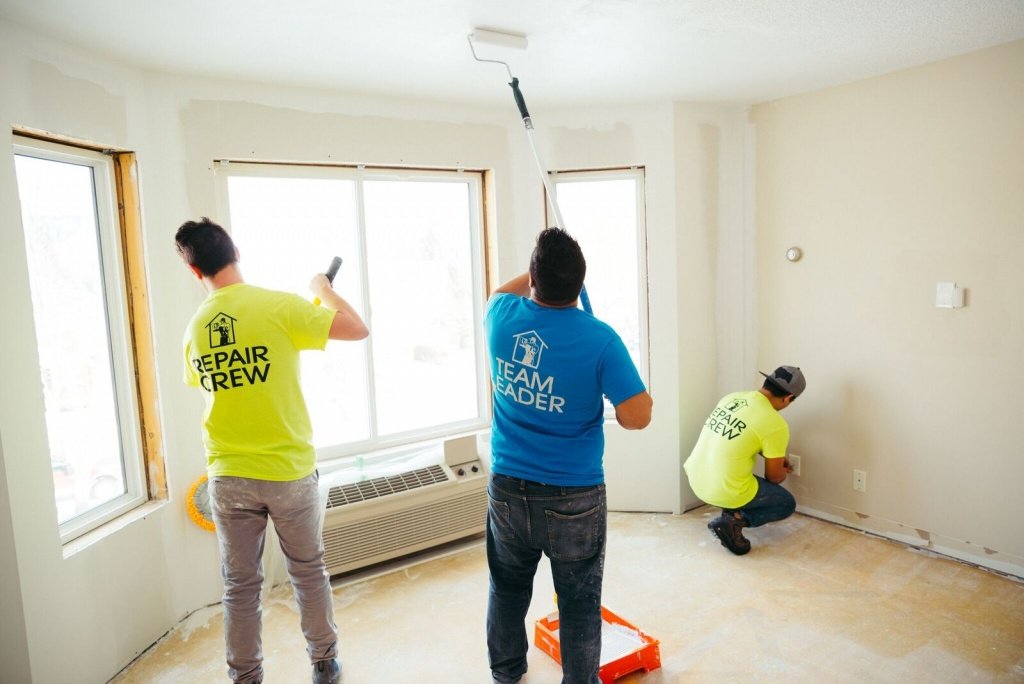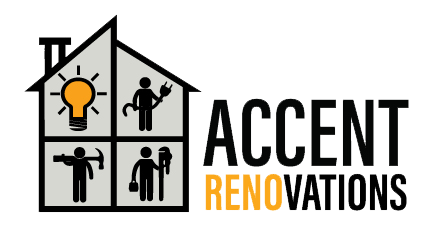Planning is more than a preliminary step in the home renovation process. It is an integral part of project management that can transform your renovation dreams into reality while ensuring quality, cost-effectiveness, and timely completion. This article will guide you through the importance and benefits of careful planning and how working with an interior designer and project manager can streamline your renovation journey.
I. Understanding the Role of Planning in Home Renovation
1. The Essence of Planning
Planning is the backbone of any successful home renovation project. It provides a roadmap, outlining the path from the initial idea to the final result. Planning allows you to envisage your end goal, organize the steps needed to reach that goal and manage the resources required throughout the project.
2. Planning as a Tool for Cost Management
A well-planned renovation project is more likely to adhere to the budget. By defining the scope of work, identifying potential challenges, and estimating costs in advance, planning can prevent unexpected expenses and ensure cost-effectiveness.
3. Planning for Quality Control
Quality is a crucial factor in home renovation. Planning helps maintain high standards by allowing you to choose the best materials, hire skilled professionals, and monitor the progress of the work.
4. Planning for Timely Completion
Delays in renovation projects can lead to increased costs and frustration. A detailed plan with a clear timeline can help manage expectations and ensure that the project is completed on time.
II. The Power of Pre-planning

1. The Need for Pre-planning
Pre-planning involves defining the scope of the renovation, setting a budget, and identifying the desired outcome. This stage allows you to explore options, make informed decisions, and set a realistic timeline for the project.
2. Pre-planning for Cost Management
Pre-planning can help you avoid cost overruns by clarifying the budget before starting the project. It allows you to compare prices, choose cost-effective materials and solutions, and negotiate with contractors.
3. Pre-planning for Quality Assurance
Quality assurance starts with pre-planning. By deciding on the materials, design, and craftsmanship in advance, you can ensure that the final result meets your expectations.
4. Pre-planning for Time Management
Time management is another benefit of pre-planning. By scheduling tasks, coordinating with contractors, and anticipating potential delays, you can ensure a smooth and timely completion of the project.
III. The Role of an Interior Designer in Planning

1. Design Expertise
An interior designer brings a wealth of design knowledge to your renovation project. They can help you create a functional and aesthetically pleasing space that meets your needs and reflects your personal style.
2. Space Planning
Space planning is a key aspect of interior design. An experienced designer can optimize the use of space, improving the flow and functionality of your home.
3. Material Selection
Choosing the right materials is crucial for the success of your renovation. An interior designer can guide you through the selection process, ensuring that the materials match the design, are durable, and fit within your budget.
4. Budget Management
An interior designer can help you manage your budget by suggesting cost-effective solutions, negotiating with suppliers, and preventing costly mistakes.
IV. The Role of a Project Manager in Planning

1. Project Coordination
A project manager coordinates all aspects of the renovation, from initial planning to final completion. They ensure that all tasks are completed on time and within budget.
2. Communication Management
Effective communication is essential for successful project management. A project manager acts as a liaison between you and the contractors, facilitating clear and timely communication.
3. Risk Management
Risk management is another important duty of a project manager. They identify potential risks and implement strategies to mitigate them, ensuring the smooth running of the project.
4. Quality Control
A project manager oversees the quality of the work, ensuring that it meets the agreed standards and complies with relevant regulations.
V. The Benefits of Smart Scheduling

1. Efficiency
Smart scheduling can increase the efficiency of your renovation project. By organizing tasks logically and considering dependencies between tasks, smart scheduling can reduce downtime and speed up the project.
2. Cost-effectiveness
Smart scheduling can also reduce costs. By avoiding delays and ensuring that resources are used effectively, smart scheduling can help you stay within your budget.
3. Stress Reduction
Renovations can be stressful. However, with smart scheduling, you can feel more relaxed, knowing that everything is under control and progressing according to plan.
Conclusion
Planning, in essence, is the lifeblood of a successful home renovation. It not only lays the foundation for cost management, quality control, and timely completion but also empowers homeowners to realize their renovation dreams. By working with an interior designer and a project manager, you can leverage their expertise to shape your ideas and bring them together within your budget. So, before embarking on your home renovation journey, remember to plan wisely and plan well. It’s your key to transforming your house into your dream home.

